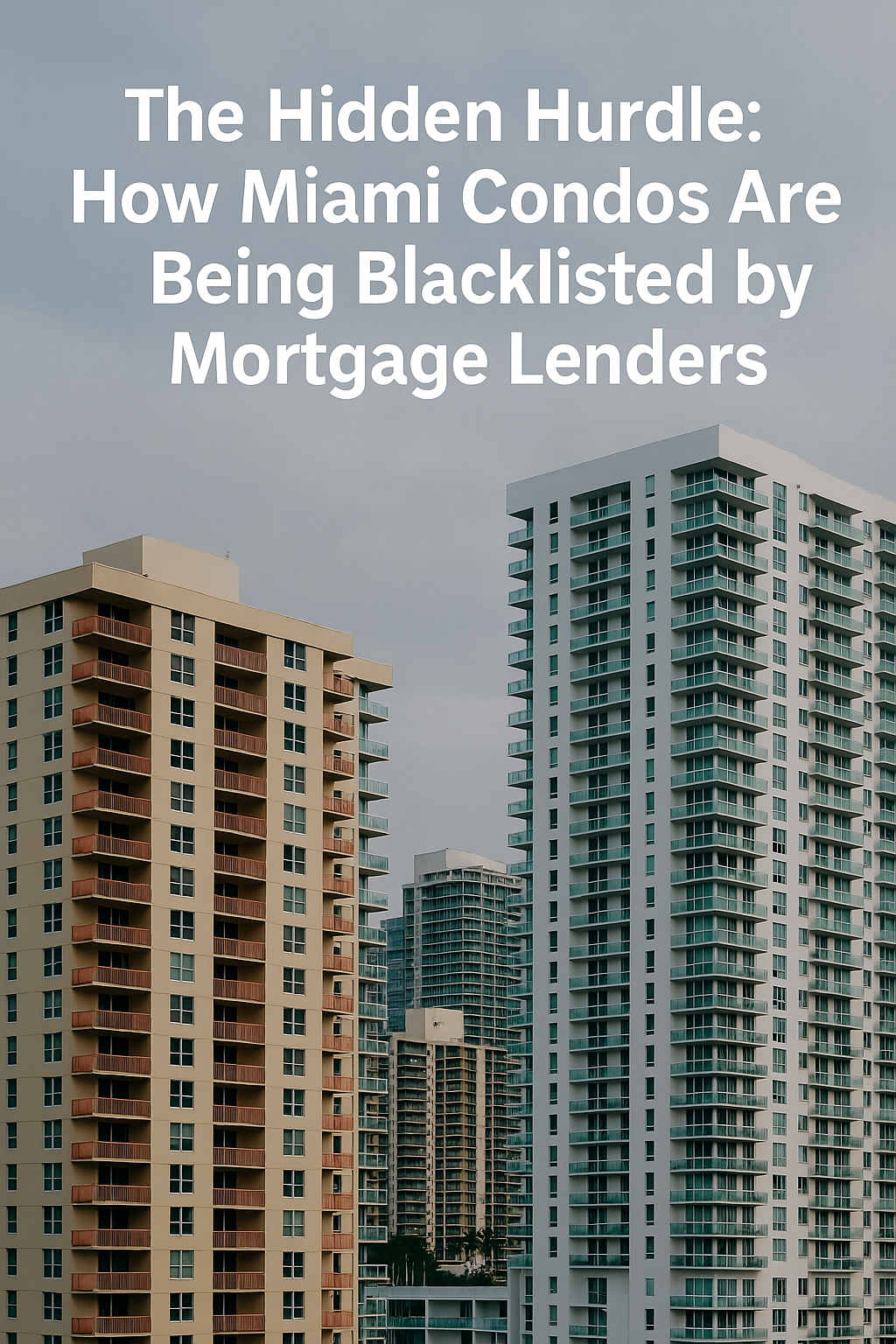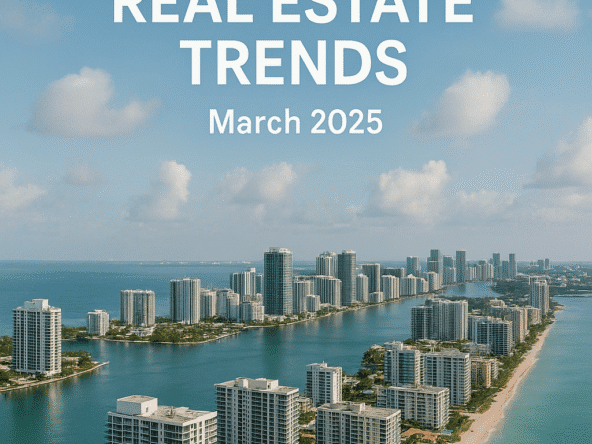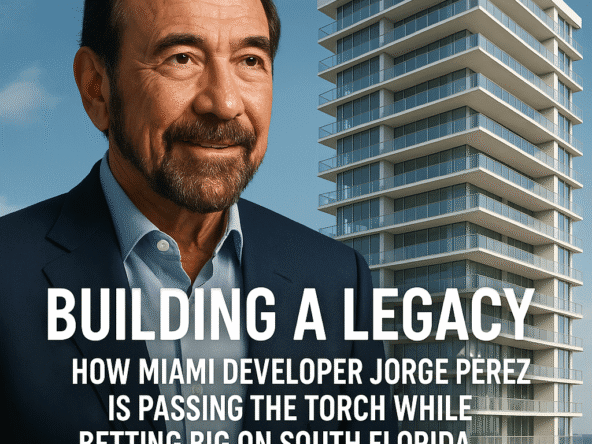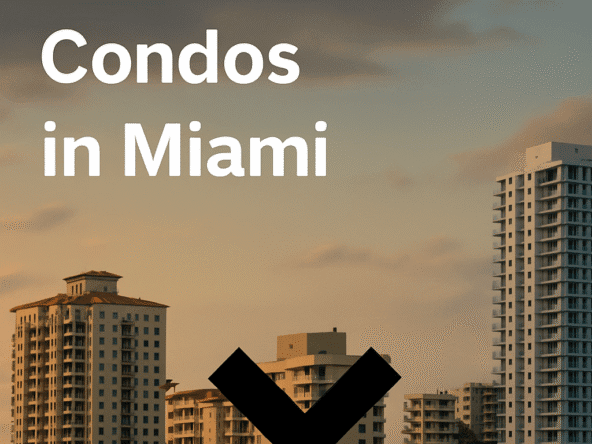In the vibrant city of Miami, a quiet storm is brewing in the real estate market. The number of condo buildings on Fannie Mae’s mortgage blacklist has more than doubled in just two years, leaving thousands of owners in a financial bind. This surge is largely due to the financial strain on condo associations, exacerbated by new state safety regulations and skyrocketing insurance premiums.
The Blacklist: What It Means for Condo Owners
Fannie Mae’s list, though not publicly available, is a powerful tool that determines which condos are eligible for conventional financing. Buildings with inadequate insurance, deferred maintenance, or financial instability are often blacklisted, making it difficult for owners to sell their units or secure loans for repairs. This situation is further complicated by Florida’s new condo safety laws, which require associations to fully fund reserves and conduct regular inspections.
The Impact on Miami’s Real Estate Market
The effects of this blacklist are far-reaching. With nearly 700 condo communities in Miami-Dade, Broward, and Palm Beach counties affected, the demand for these properties is likely to decrease, potentially leading to a decline in property values. While cash sales are common in Miami, the lack of conventional financing options limits the pool of potential buyers, forcing some owners to sell at discounted prices or seek more expensive private loans.
Is there a Public List?
Currently, there is no publicly available formal list of blacklisted condo buildings in Miami or South Florida, as Fannie Mae’s mortgage blacklist is kept confidential and accessible only to lenders. However, based on the information provided by legal and real estate experts, it is clear that nearly 700 condo communities in Miami-Dade, Broward, and Palm Beach counties are affected. This accounts for almost half of the 1,438 blacklisted buildings in Florida.
Why Is There No Public List?
Fannie Mae does not disclose the names of the buildings on its blacklist to the public. Instead, this information is shared with lenders who use it to determine loan eligibility. Condo owners and prospective buyers typically discover a building’s status only when a mortgage application is denied. Some law firms, like Allcock Marcus, have obtained copies of the list and offer services to verify whether a specific building is blacklisted.
Informal Insights About Blacklisted Buildings
While exact names are unavailable, older buildings with deferred maintenance, insufficient reserves, or inadequate insurance coverage are more likely to be on the list. Buildings struggling to comply with Florida’s new condo safety laws—such as those requiring structural integrity reserve studies and milestone inspections—are also at higher risk. These regulations were enacted after the Surfside collapse in 2021.
How to Check If a Condo Is Blacklisted
If you’re looking to identify whether a specific building is on the blacklist:
- Contact Your Lender: Lenders have access to Fannie Mae’s database and can confirm if a property is eligible for conventional financing.
- Use Legal Resources: Law firms like Allcock Marcus provide services where condo owners can inquire about their building’s status.
- Ask Real Estate Professionals: Experienced agents familiar with local market trends may have insights into which buildings face financing challenges.
Without an official public list, these steps remain the most reliable ways to verify a building’s status. If you’re considering purchasing or selling a condo in Miami, working closely with knowledgeable professionals is essential to navigate this complex situation.
The Way Forward
To mitigate these challenges, condo associations must prioritize compliance with Fannie Mae’s standards. This includes maintaining adequate reserves, ensuring comprehensive insurance coverage, and addressing deferred maintenance promptly. For condo buyers, working with a knowledgeable, qualified real estate agent is even more important now. As Miami continues to evolve, transparency and proactively working with professionals with access to important information will be crucial in navigating this complex landscape.




